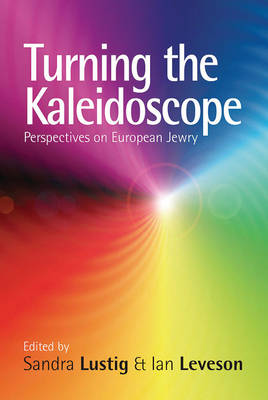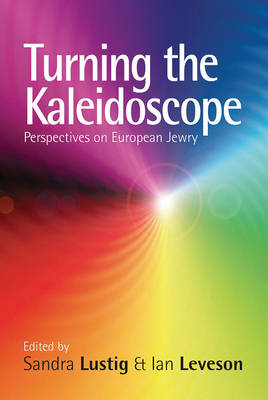
- Afhalen na 1 uur in een winkel met voorraad
- Gratis thuislevering in België
- Ruim aanbod met 7 miljoen producten
- Afhalen na 1 uur in een winkel met voorraad
- Gratis thuislevering in België
- Ruim aanbod met 7 miljoen producten
Turning the Kaleidoscope
Perspectives on European Jewry
Omschrijving
Far from being a blank space on the Jewish map, or a void in the Jewish cultural world, post-Shoah Europe is a place where Jewry has continued to develop, even though it is facing different challenges and opportunities than elsewhere. Living on a continent characterized by highly diverse patterns of culture, language, history, and relations to Jews, European Jewry mirrors that kaleidoscopic diversity. This volume explores such key questions as the new roles for Jews in Europe; models of Jewish community organization in Europe; concepts of diaspora and galut; a European-Jewish way of life in the era of globalization; and European Jews' relationship to Israel and to non-Jews. Some contributions highlight experiences of Jews in Britain, Sweden, Norway, Hungary, Austria, Germany, and the Netherlands. Helping us to understand the special and common characteristics of European Jewry, this collection offers a valuable contribution to the continued rebuilding of Jewish life in the postwar era.
Specificaties
Betrokkenen
- Uitgeverij:
Inhoud
- Aantal bladzijden:
- 252
- Taal:
- Engels
Eigenschappen
- Productcode (EAN):
- 9781845450762
- Verschijningsdatum:
- 1/05/2006
- Uitvoering:
- Hardcover
- Formaat:
- Genaaid
- Afmetingen:
- 152 mm x 229 mm
- Gewicht:
- 508 g

Alleen bij Standaard Boekhandel
Beoordelingen
We publiceren alleen reviews die voldoen aan de voorwaarden voor reviews. Bekijk onze voorwaarden voor reviews.











